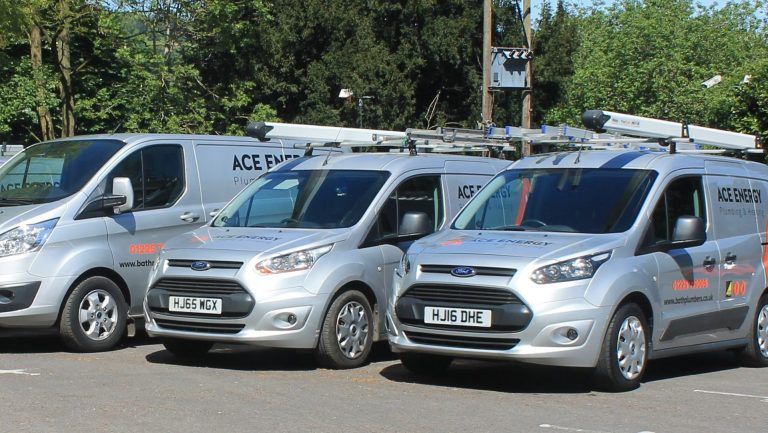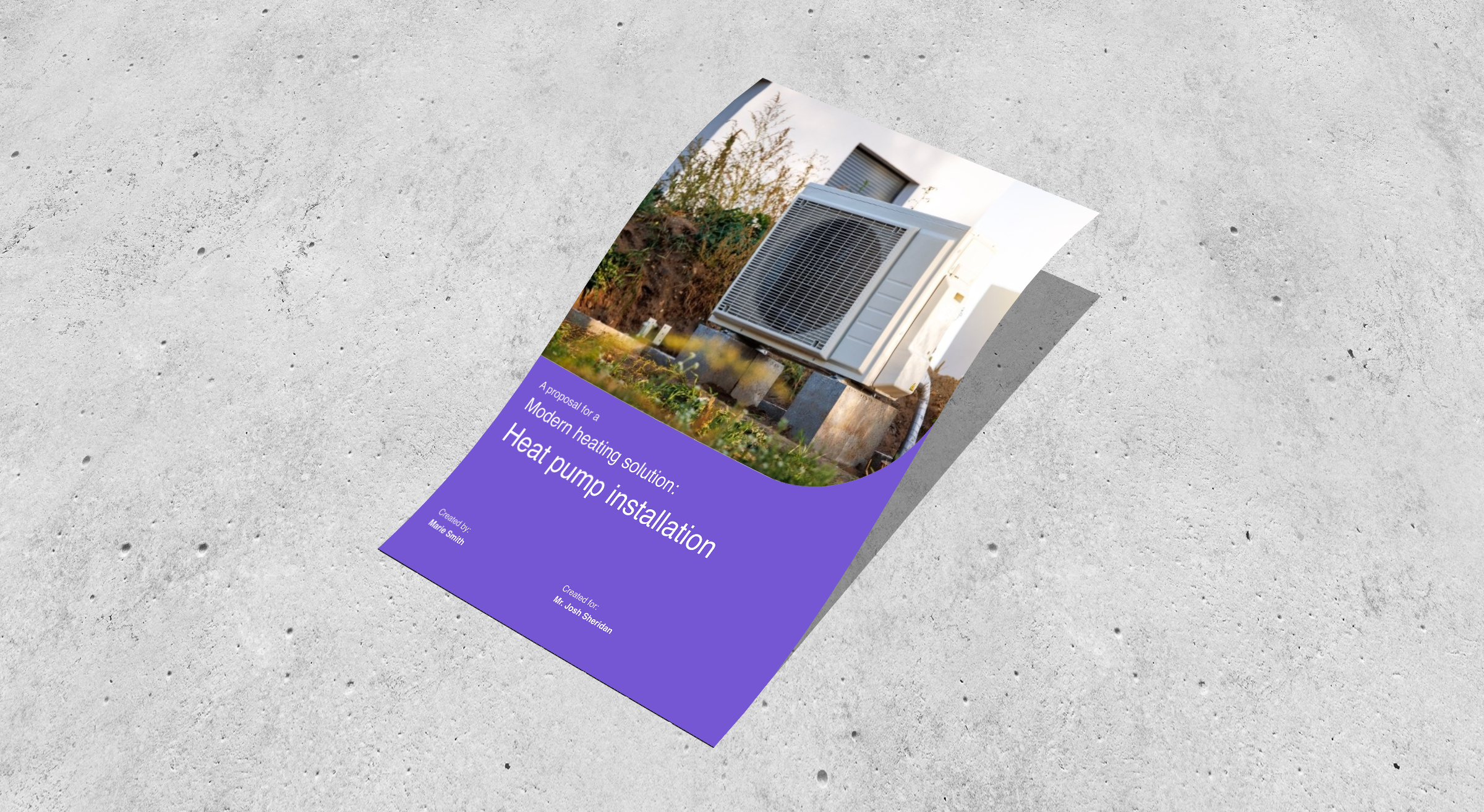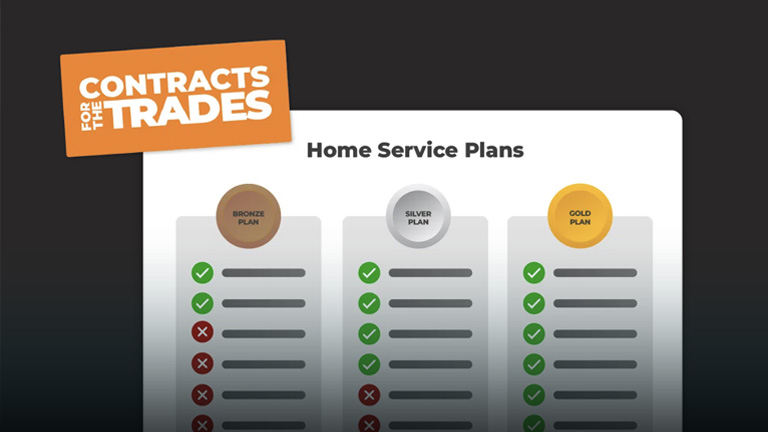How to Turn Your Field Service Engineers into Customer Service Pros
August 29, 2017 | Read: 6 minutes

Field service engineers work on a project, fix a problem, and move on. The end. Right?
Well, if you want to drive value on all fronts in your business, there’s a lot more to their role than a fix or an installation.
How engineers interact with customers matters, too.
While your company works so hard to develop good customer service skills in your office employees. The field team is actually on the front lines every day, meeting face-to-face with your customers in times of need.
Don’t miss this opportunity for your field service engineers to deliver value for the customer, and your company, by boosting their soft skills—from calming down stressed-out clients to creating positive experiences that increase customer loyalty.
We talked with Ron Kaufman, Chairman of UP! Your Service and author of Uplifting Service: The Proven Path to Delighting Your Customers, Your Colleagues, and Everyone Else You Meet, to share his advice on soft skills development for your field service engineers.

1. Get the Basics Down
When asked what soft skills field service engineers most need to learn, Kaufman pointed out that the first thing they need to understand is the incredibly valuable position that they have in the company’s relationship with the customer.
The customer likely heard about your company thanks to your marketing team and signed on for a project through your sales department.
Your on-site engineer thinks he’s part of the back-end serving a purely technical function—while in reality, he’s much further down the line in terms of the customer relationship than the marketing and sales teams are.

‘The field service engineer is the most trusted person in the customer’s entire relationship with the company,’ Kaufman explains. ‘It’s not just the tools or the technology they have with them, or their knowledge and skill. The way they interact with the customer brings the experience that the customer has with the brand.’
Later, we’ll talk about how to train your field service engineers in good customer service skills; keep this key fact in mind as you read through the rest of this post and start developing a plan.
2. Sharing Is Caring (About the Customer)
Don’t let your field service engineers become isolated from the rest of the company. Which will only strengthen their opinion that they’re there to fix things and get out.
Bringing together teams from different departments to discuss company news, brainstorm new ideas, or weigh in on policy changes gives engineers valuable information they can share with customers on-site.
For example, if your field service engineers know prices are going up, they can work with the customer to get potential projects rolling before the increase takes effect.
If they’re privy to the fact that your company will soon be offering a discounted 12-month service package, they can bring that up to the customer after installing a new HVAC system.
When you have a well organized customer database, it’s easier for your technicians to share information with one another and never lose track of important client information.
3. Create an Experience!

How can a field service engineer create an experience for the customer that reflects well on your company? It can be especially difficult if they’re dealing with emergencies, deadlines, and stressed-out customers.
What they can do is use two methods: connection and education.
Connection is when the engineer meets the client, introduces themselves and engages in some chit-chat.
At the end of the project, your technician can share the notes from their field service engineer app with the customer, offering their personal business card, and writing down the case number in the chance that the customer needs to contact the company about the project.
Education is when the engineer explains the process—not in a haughty professor-like tone, but in the spirit of making the customer feel comfortable with the process and the engineer’s skill.
For example, an engineer might say:
“Let me explain to you how this will work.
First, I’ll spend a little bit of time doing a diagnosis. Then I’ll let you know where we’re at, and how long I think the repair will take.
When I’m done with the job, I’ll show you what I did and give you some tips on taking care of the system so it won’t give you any more trouble.”
Another part of education is teaching how to upsell, cross-sell products or services, or offer financing that will make the customer’s life easier in the long run.
For example, maybe that new gas heating system will last a lot longer if the customer signs up for your six-month service plan or opts for a higher-quality (and higher-priced) replacement.
Thinking of cross-selling and upselling as education makes these concepts feel less uncomfortable to engineers not used to selling.
4. Become a Teacher
So now you know the soft skills field service engineers need.
That’s great, but you’re not a field service engineer. This is why the next step is to get it all in writing (or on video, or in a live class) to help your engineers improve customer journeys for customers.
However you choose to do it, you’ll want to teach your field service engineers how to connect with and educate customers; effective ways to handle common situations like irritated customers or having to break bad news; and communication skills like reflecting the customer’s feelings and creating ease in a stressful situation.
Too busy to develop a manual or class? We’ll send you a free employee ‘cheat sheet’ to share with your office workers and field service engineers.
Our cheat sheet includes expert advice, plus actual scripts that show employees exactly what to say when breaking bad news, interacting with customers in the field, and responding to negative reviews.
5. Don’t forget to say “Thank you”
As the business owner, you’ll understand that field service engineers are the face of your company, and how much rests on their shoulders, we need to add that field service engineers deserve recognition for their valuable role in your business.
Between complicated installations and stressed-out customers, their jobs are probably a lot tougher than you thought!
This is the second post in a three-part series on customer service for field service companies.
And don’t forget, you can check out the Customer Service Cheat Sheet that provides step-by-step with expert-approved tips and scripts to manage even the most challenging scenarios faced by your business!
Learn how Commusoft, our field service management software, can improve your companies customer service and streamline operations!


Linda Formichelli
Linda is a long-time journalist and content writer in Raleigh, North Carolina, USA.








